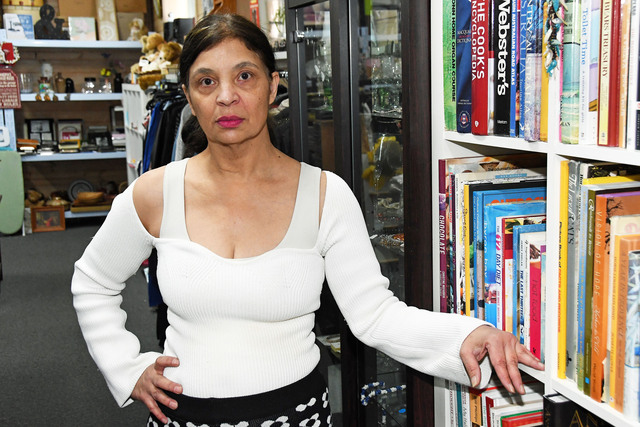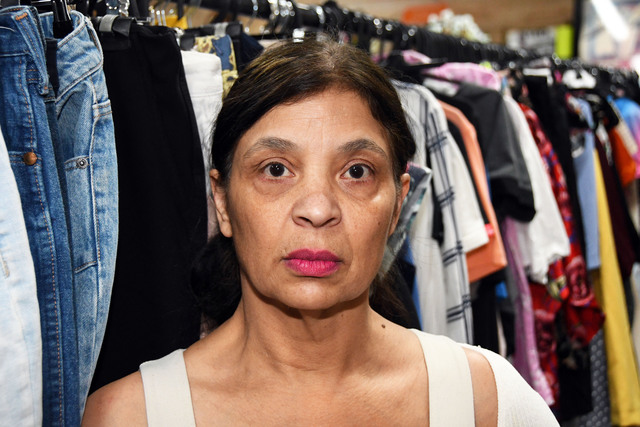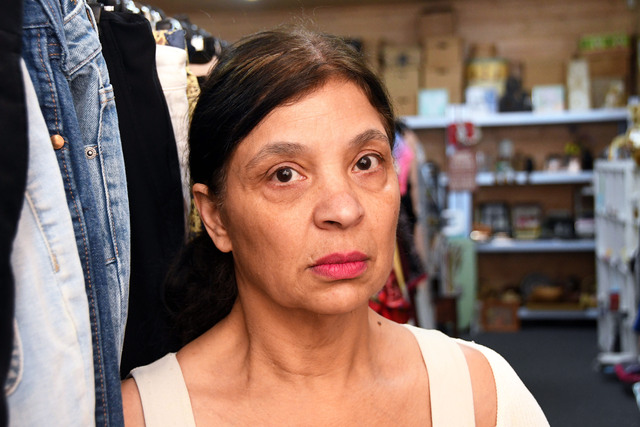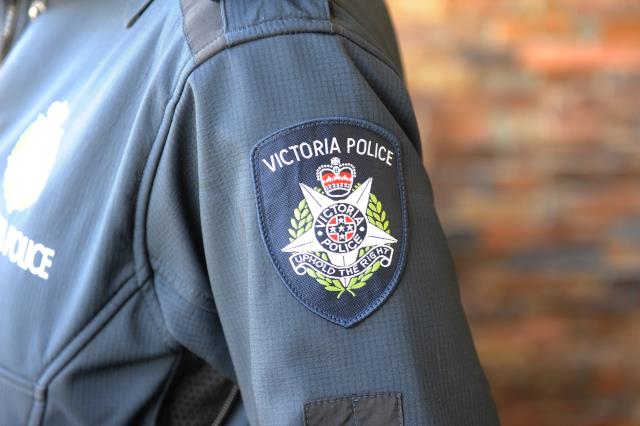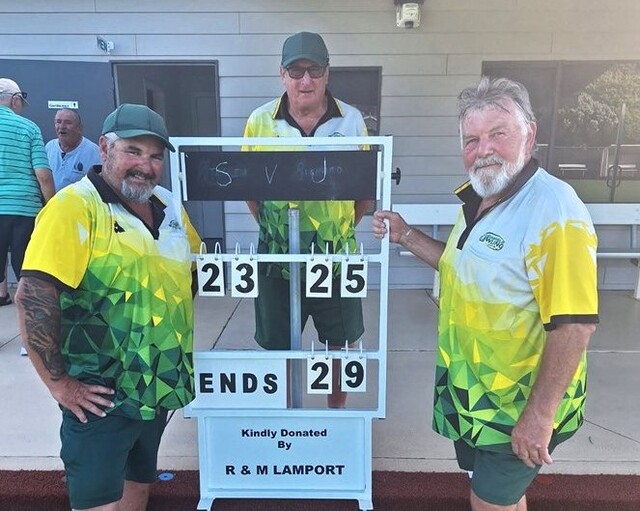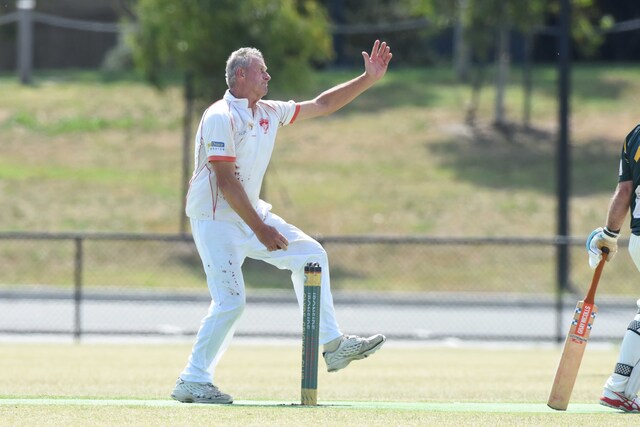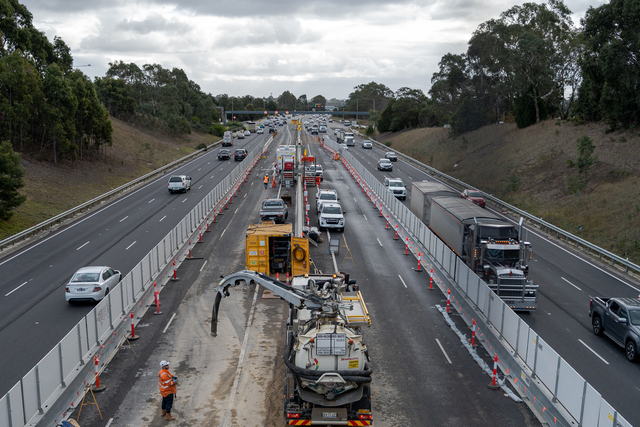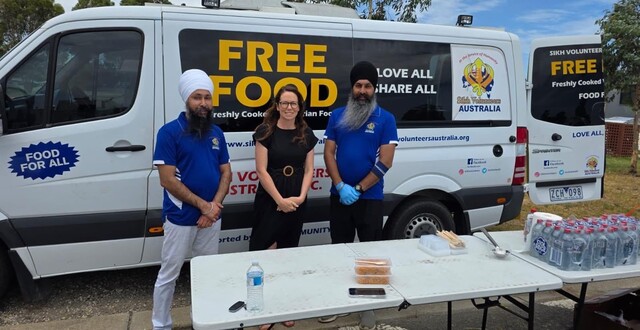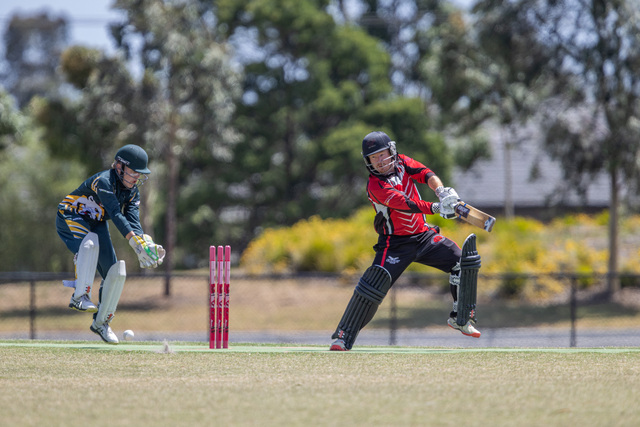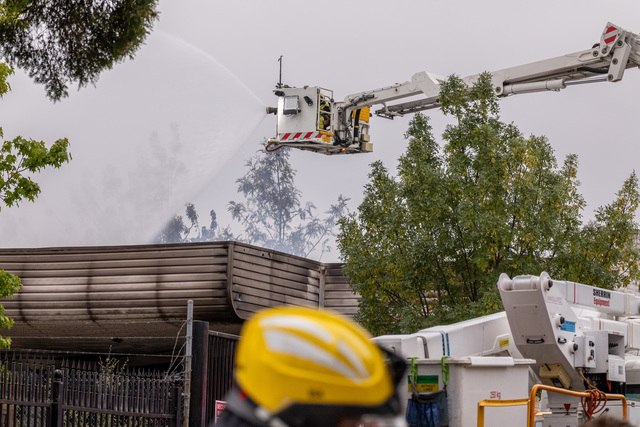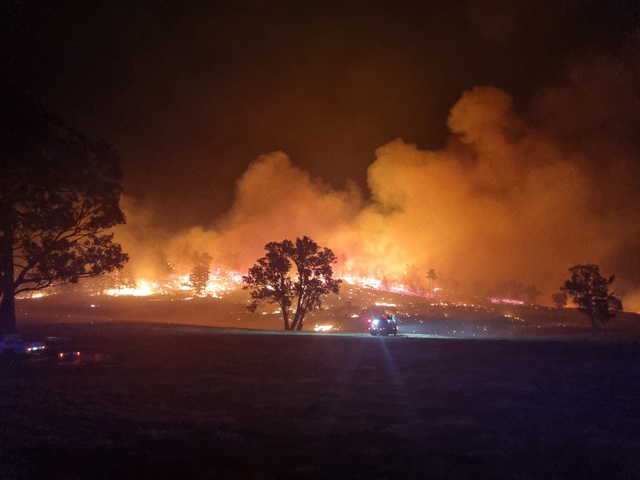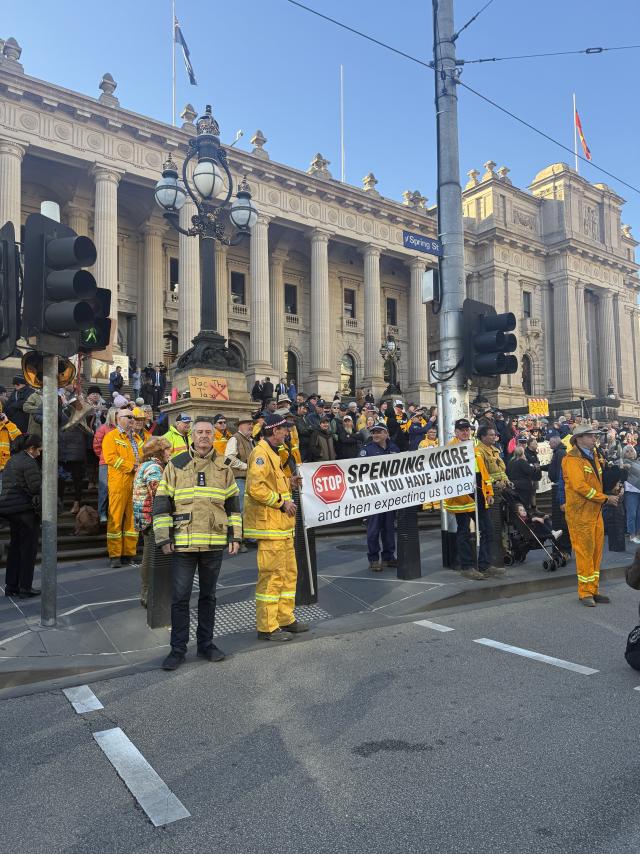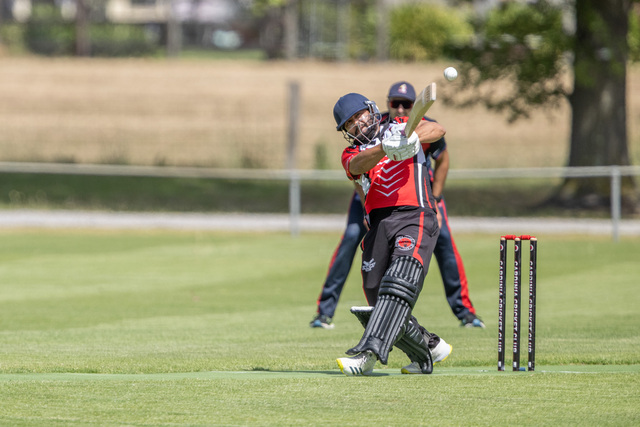With no safe housing available, many domestic violence victims are trapped in an impossible choice: stay in danger or face homelessness.
In the latest crime statistics released by the agency, family violence incidents in Casey have surged 15.2 per cent, with police recording 6,406 cases in the year to March 2025, up from 5,560 the previous year.
Followed by Cardinia, which saw 1,985 incidents — an 18.9 per cent increase from 1,669.
Baw Baw recorded 1,321 incidents over the same period – a 9.4 per cent rise from 1,207.
Angel Chichi says she hears and witnesses these struggles daily, with most cases coming from Cardinia Shire, Casey, Gippsland and Greater Melbourne.
“Victims that do not have anywhere to go are sleeping in their cars, perhaps couch surfing with friends,” she said.
“The most noticeable thing is families being put into motels for up to 3 days – a week. Then being told that the service can no longer fund the motel. Safe housing is crowded and often unsafe.
“Most do have children and what is concerning is, there is a large number of families with Children that have special needs.”
Angel says even basic needs like food, clothing and toys are often unmet.
“These are basic human rights. This is why services like Purton Place are important as we ensure no family goes without.”
She added that protective measures such as intervention orders are often breached with little consequence.
“The system is failing not just one family, but every family, through the IVO, FVO that are granted to the victims,” Angel said.
“This is a false sense of security and in almost every situation the intervention orders are broken at least 99 per cent of the time. In some instances there are as many as 50 breaches, which can range from phone calls, text messages, emails, drive bys. Reforms need to be made urgently as we have an epidemic of violence.”
Angel also criticized the government for making empty promises while survivors face long waitlists and inadequate support.
“Families who are victims of violence are having further trauma placed on them just to access help,” she said.
“We have the Housing Minister, stating ‘if anyone is or becoming homeless to reach out to the housing department.’ Show us where all this housing is when there is a waiting list of up to 15 years?”
Safe Steps confirmed incidents of family and domestic violence are sadly on the rise, placing increasing pressure on their support services.
“Victim-survivors need services that address their immediate needs and help them recover from trauma,” spokesperson said.
“Safe Steps provides over 33,000 bed nights in secure crisis accommodation every year, housing more than 100 people escaping domestic and family violence every night across Victoria.
“Each year we also make and take more than 130,000 calls from Victorians seeking advice, support and assistance to flee family violence.”
Taylah Rose, a survivor and member of Gippsland Mama (Facebook group), highlighted the biggest barriers include fear of reporting, lack of money, and, critically, a severe shortage of safe housing.
“A lot of times in these relationships there is financial control, and a lot of us have been forced to cut off all family and friends. So we feel we have nowhere to run too so we need money to be able to care for us and the kids to run,” she said.
“It’s also fear of what’s going to happen, how you’re going to execute your plan, how you’ll manage or survive and also how the abuser is going to react.
“When I did finally leave I had $2.47 with a newborn and a toddler with no connection to family or friends (or so I thought). My brother took me and my kids in after not seeing or speaking to any of my family for years and without that I don’t know what I could have done.”
Survivor advocate Macy Choudhury, who migrated to Australia, thought she “had it all”—a strong education, career, and new life—but those advantages couldn’t protect her from the devastating impact of family violence
“I thought my life was set and I felt I was on ‘top of the world’. But that feeling was very short-lived,” she said.
“I experienced severe family violence, sustained irreversible disabilities, lost my career, became a single mother and because of the cultural stigma, was cut off from my community. I felt I was all on my own with a very young child and no source of income.”
Macy wants society to shift from asking victims “why didn’t you just leave?” to “what will you do to help me and my child leave safely”.
“Leaving isn’t easy. In fact, it can be the most dangerous time for a victim. Perpetrators often escalate their abuse to higher risk levels when they feel their control slipping,” she said.
“Many victims fear retaliation on their children via threats of deportation, Child Protection and Family Court. Others may feel compelled to stay because they don’t have access to any money, or have a safe place to go, or have no support from family or friends.
Advocates call for immediate government action: more safe, long-term housing, financial assistance, tougher enforcement of intervention orders, and policies shaped by lived experience not just bureaucrats
“Family violence is not just a private matter, it is a public health issue. It is a state-wide issue, it is a national issue, it is everybody’s issue. Each of us has a role to play in safeguarding our community,” Macy warns.
A spokesman for Minister for Housing of Australia, MP Clare O’Neil said “there’s still a lot of work to do, but when it comes to emergency housing we’ve come a long way — investing nearly 20 times what was invested by the former Coalition Government in crisis and transitional accommodation”.
“Rates of family and domestic violence remain unacceptably high in Australia — nobody should have to choose between being safe and having a roof over their head. That’s why the Albanese Labor Government has invested more than any government ever in women’s and children’s safety,” spokesman said.
“We know the shocking reality that family and domestic violence is one of the main causes of homelessness and housing uncertainty for women and children across Australia. It’s why we’re taking such strong action to ensure that women and children have a safe place in their time of need.”
Victorian Government spokesperson said “when women are still dying at the hands of men we know we must do more – from prevention to response to justice, we are targeting family violence at every stage.”
“We are working to house people escaping family violence as quickly as possible and since 2020 we’ve increased social housing allocations for victim-survivors by 92 per cent,” spokesperson said.
“Every year, we invest more than $300 million is invested into specialist homelessness services to assist around 100,000 vulnerable Victorians who are at risk of or experiencing homelessness, including family violence survivors.”

